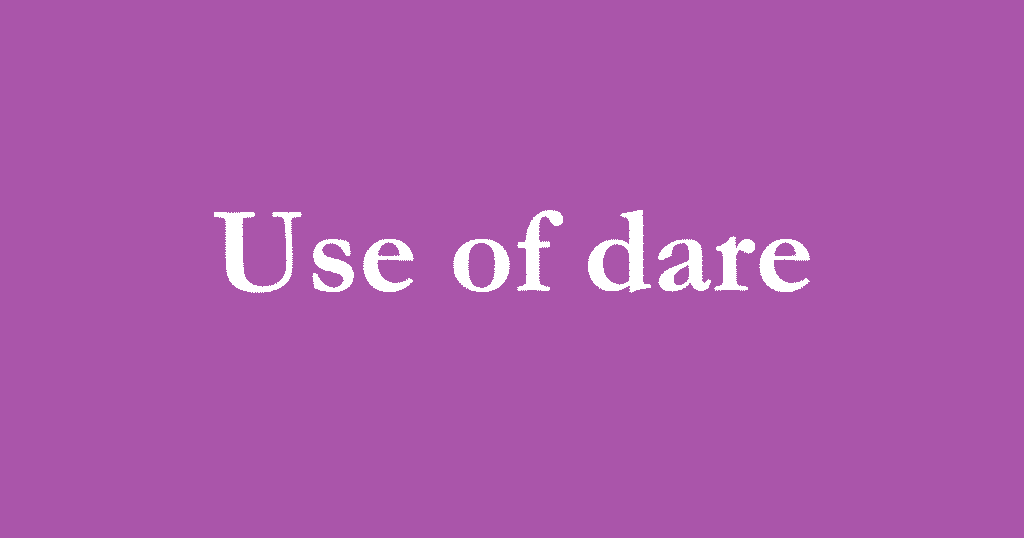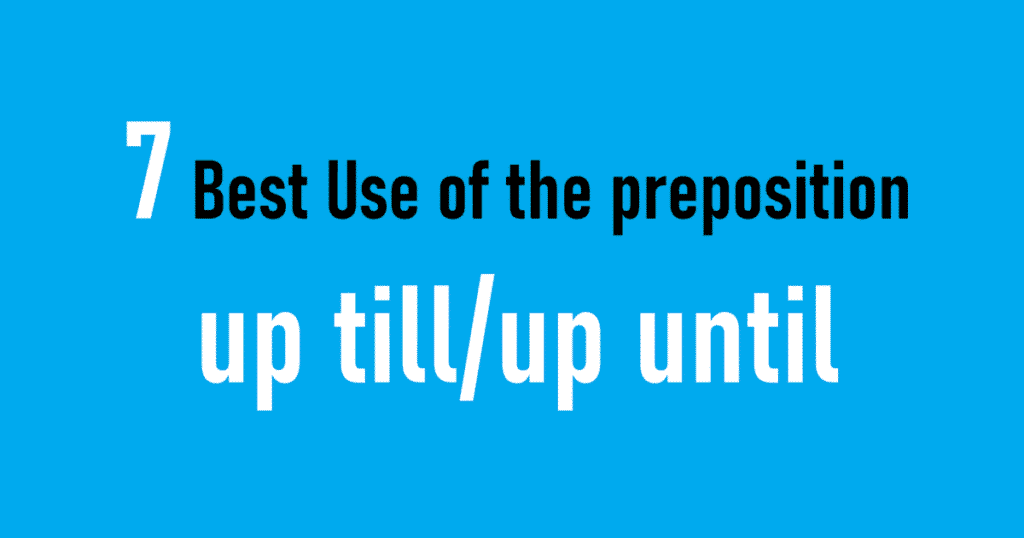Nouns
What is a Noun?
Nouns are words that are used to name people, places, animals, objects, and ideas. Almost every sentence will definitely have a noun, and they perform different roles in a sentence.
In a sentence, nouns can function as the subject or the object of a verb or preposition. Nouns can also follow linking verbs to rename or re-identify the subject of a sentence or clause; these are known as predicate nouns.
Examples of Nouns:
- People – Ramesh, Suresh, Suhel, Sheela, Man, Person, Tommy, John, Women, Girl, The Prime Minister
- Places – Padrauna, Uttar Pradesh, Lucknow, Delhi, Bangalore, India, Mexico, Texas, North Pole, South Africa, The Nile River, Classroom, Bedroom, Basketball Court, Cricket Ground, Swimming Pool
- Animals/Birds/Aquatic Animals/Reptiles – Snake, Lion, Zebra, Ostrich, Flamingo, Bear, Cat, Fish, Shark
- Ideas – Evolution, Invention, Extinction, Argument, Destruction
- Objects/Things – Whiteboard, Bat, Cycle, Curtains, Paper, Bag, Blackboard, Cupboard
Types of Nouns
Nouns can be broadly classified into:
Proper Noun
Proper nouns are used to identify an absolutely unique person, place, or thing, and they are signified by capital letters, no matter where they appear in a sentence.
Examples:
- Go find Ramesh and tell him dinner is ready.
- I’ll have a Pepsi, please.
- Dr. APJ Abdul Kalam is adored by many.
- My name is Sahil.
- This is my dog, Tommy.
- Rahul came back from Delhi.
Common Noun
Nouns that identify general people, places, or things are called common nouns — they name or identify that which is common among others.
Examples:
- He sat on the chair.
- I live in a city.
- We met some people.
- I bought a pen yesterday.
- I am going to school.
- Only ten employees showed up to work today.
- The car is out of fuel.
Singular Nouns
These are words that are used to name a single person, place, animal, bird, or object.
Examples:
- There is a little boy in front of our house. (Single person)
- That is my daughter. (Single person)
- I found a wounded sparrow in the bush. (Single bird)
- A red van has been following us for a long time. (Single object)
Plural Nouns
Plural nouns refer to several people, places, animals, or things. Nouns are made plural by adding an ‘s’ or ‘es’ or ‘ies’ or ‘ves’ to the existing root word. Nouns that end with an ‘s’ remain the same. Some nouns remain the same in both their singular and plural forms, and some others have totally different spellings.
Examples:
- I need some apples.
- Did you find the boxes you were looking for?
- I bought mangoes from the market.
Countable Nouns
Countable nouns (also known as count nouns) are nouns that can be considered as individual, separable items, which means that we can count them with numbers—we can have one, two, five, 15, 100, and so on. We can also use them with the indefinite articles — a and a (which signify a single person or thing) or with the plural form of the noun.
Examples:
- Nick brought fifteen packets of Kurkure for the trip. (Specific number – fifteen)
- Mom asked me to buy a dozen bananas. (Specific – dozen means twelve)
- I saw an airplane around eight in the morning. (Specific – an means one)
Single Countable Nouns
- a glass
- a cup
- an ambulance
- a phone
- a battery
Plural Countable Nouns
- three glasses
- five cups
- several ambulances
- 15 phones
- two batteries
Uncountable Nouns
Uncountable nouns (also known as non-count or mass nouns), which cannot be separated and counted as individual units or elements. Uncountable nouns cannot take an indefinite article (a/an), nor can they be made plural.
Correct
- Would you like tea?
- Do you have any information?
- We bought new camping equipment.
Incorrect
- Would you like a tea?
- Do you have an information?
- We bought new camping pieces of equipment.
Collective Nouns
Collective nouns are nouns that refer to a collection or group of multiple people, animals, or things. However, even though collective nouns refer to multiple individuals, they still function as singular nouns in a sentence. This is because they still are technically referring to one thing: the group as a whole.
For example:
- Collective nouns for groups of animals
- A pride of lions
- A flock of sheep
- A swarm of bees
- A herd of elephants
- Collective nouns for groups of people
- A band of musicians
- A board of directors
- A crew of sailors
- A company of actors
- Collective nouns for a number of things/objects
- A pair of shoes
- A chain of mountains
- A fleet of ships
- A bunch of grapes
Concrete Nouns
Concrete nouns name people, places, animals, or things that are physically tangible—that is, they can be seen or touched, or have some physical properties.
Proper nouns are also usually concrete, as they describe unique people, places, or things that are also tangible.
For example:
- table
- rocks
- lake
- countries
- people
- Africa
- MacBook
Example Sentences:
- The book is on the table.
- I had a cup of coffee.
- Seema opened the windows.
- Ram goes to school by bus.
Abstract Nouns
Abstract nouns, as their name implies, name intangible things, such as concepts, ideas, feelings, characteristics, attributes, etc.
For instance:
- Love
- Hate
- Decency
- Conversation
- emotion
Example Sentences:
- Love is a strong emotion.
- Honesty is the best policy.
- It takes a lot of courage to raise your voice and stand up against injustice.
- You should not misuse the freedom you are given.

